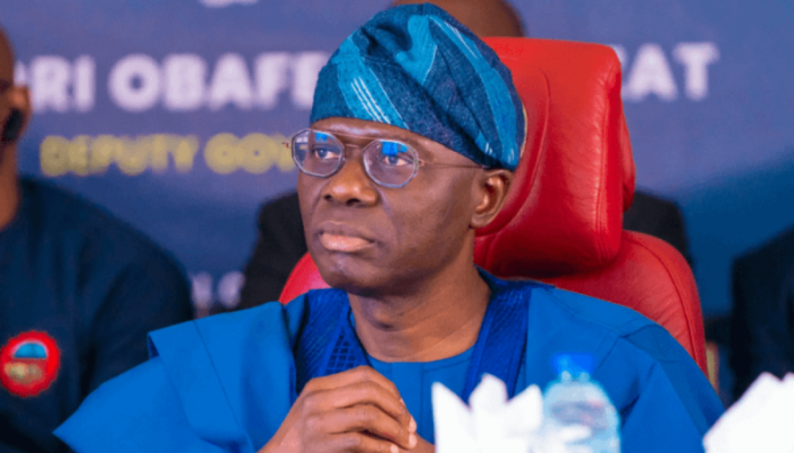The Director of Yiaga Africa, Samson Itodo, has noted that Nigeria will not be the first country that practices compulsory voting.
He, however, kicked against the imposition of a six-month jail term for Nigerians who failed to vote, saying the move is draconian in every respect, and undermines the freedom to participate in the electoral process.
DAILY POST reported on Thursday that a bill seeking to amend the Electoral Act 2022 to make voting mandatory for all eligible Nigerians passed second reading in the House of Representatives.
The bill, jointly sponsored by Speaker, Tajudeen Abbas and Daniel Ago, was presented during Thursday’s plenary.
While leading the debate, Ago explained that the legislation aims to boost citizens’ participation in elections, arguing that it could help reduce voter apathy if it successfully passes all legislative stages.
Appearing on Channels Television’s Politics Today on Thursday, Itodo said, “Nigeria will not be the first country that practices compulsory voting.
“Australia practices compulsory voting, but here is my take. I understand the rationale behind that proposed bill, which is to encourage massive turnout at elections, because Nigeria has the lowest turnout in elections in the whole of Africa even though we have the highest number of registered voters in our voters register but we have the lowest turnout, 25% in the last election is abysmally poor.
“I understand irrational, but I think compelling and also imposing six-month jail term is draconian in every respect, and it undermines the freedom to participate in the electoral process.
“I think that Bill totally amounts to legislative overkill. I don’t think that it will pass. We cannot compel participation because not participating is also another form of political participation, and we need to recognize that.
“If the National Assembly, in its wisdom, is seeking ways, you know, to enforce and ensure turnout in an election, then they will need to ensure that votes count. Because if people trust that their vote will count at elections, they will show up.
“Secondly, people who are elected in an in elections should deliver good governance, so that when people reconcile the state of their livelihood and their participation in elections, they will turn up to cast their vote subsequently.
“But when people stand in long queues, they vote for people into office, and when people get into office, they don’t solve problems that their voters ask them to solve.
“They are only interested in primitive accumulation of wealth. When that happens, people feel that voting is a waste of their time because leaders don’t solve the problems that they vote them into power to solve or when they are giving power in trust for the people, they abuse that power and use that same power to oppress the people. When that happens, people will have no reason why they should.”;;







